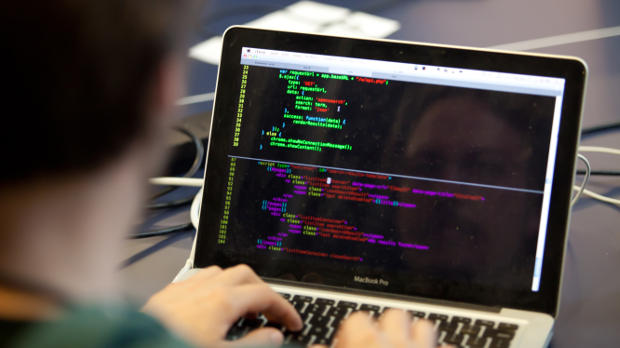 WIKIMEDIA, ALMONROTHReproducibility problems plague the scientific literature. Several recent analyses have suggested that large swaths of published work in some fields are irreproducible. Some pundits are calling for a complete overhaul of the scientific publishing process to make researchers more accountable for their methodologies and publications. One project, supported in part by a $5 million, five-year grant from the National Science Foundation, aims to take a step in that direction. Dubbed “Whole Tale,” the effort seeks to establish electronic infrastructure that researchers can use to access, test, and republish data.
WIKIMEDIA, ALMONROTHReproducibility problems plague the scientific literature. Several recent analyses have suggested that large swaths of published work in some fields are irreproducible. Some pundits are calling for a complete overhaul of the scientific publishing process to make researchers more accountable for their methodologies and publications. One project, supported in part by a $5 million, five-year grant from the National Science Foundation, aims to take a step in that direction. Dubbed “Whole Tale,” the effort seeks to establish electronic infrastructure that researchers can use to access, test, and republish data.
“It’s almost expected nowadays that when you publish the paper you link the paper to data,” said project co-organizer Matthew Turk, a research scientist at the National Center for Supercomputing Applications (NCSA) at the University of Illinois at Urbana-Champaign, in a statement. “Linking papers to code as well as data is becoming more common. Whole Tale will take that a step further and let other researchers to replicate the experience of doing the research but in their own way.”
Whole Tale will create tools for researchers to link code and raw data to papers they publish online. All of this information will then be accessible to peer reviewers, whether they are conducting pre- or post-publication reviews, according to the NCSA.
Similar efforts, such as the ...


















